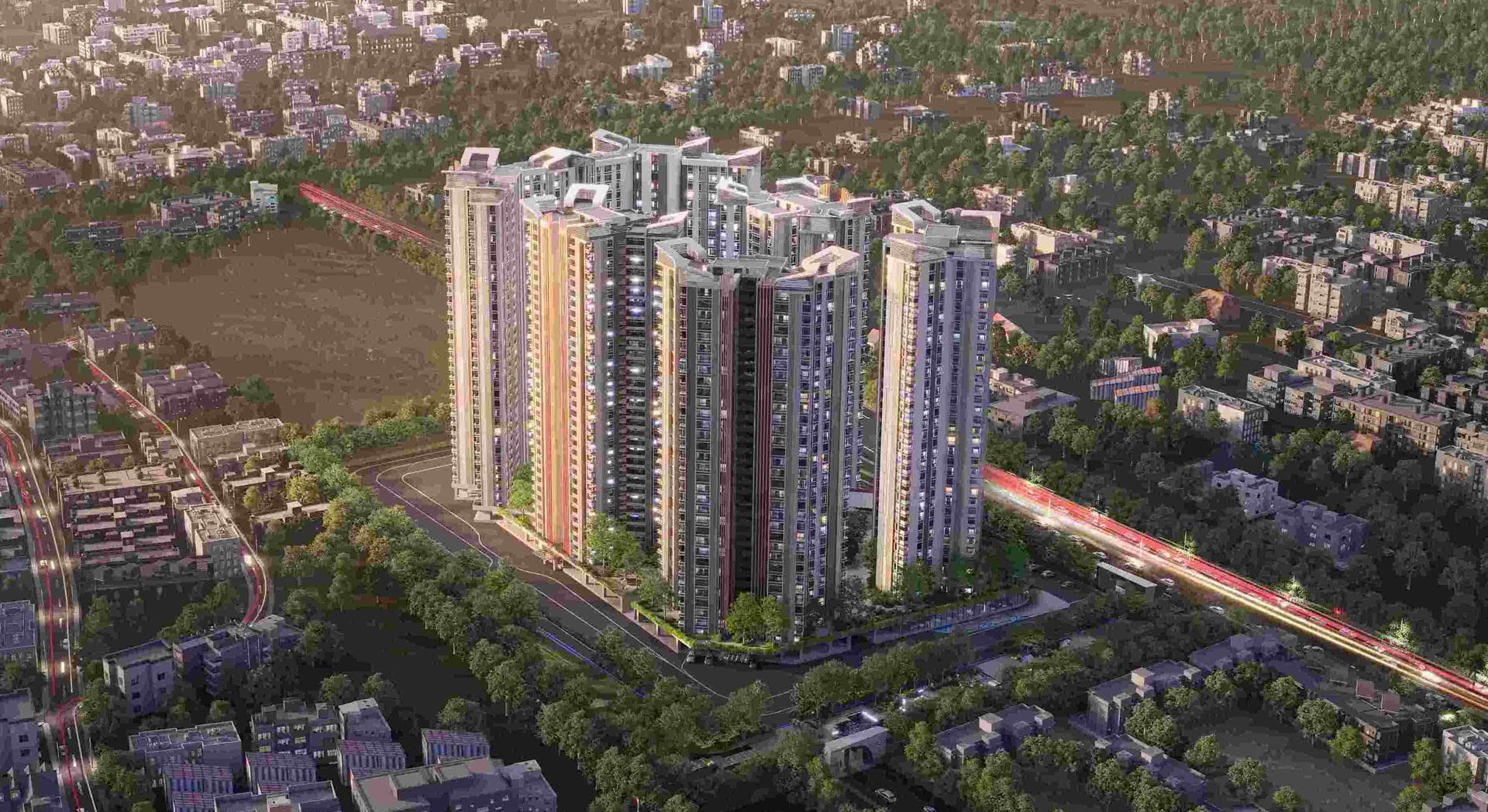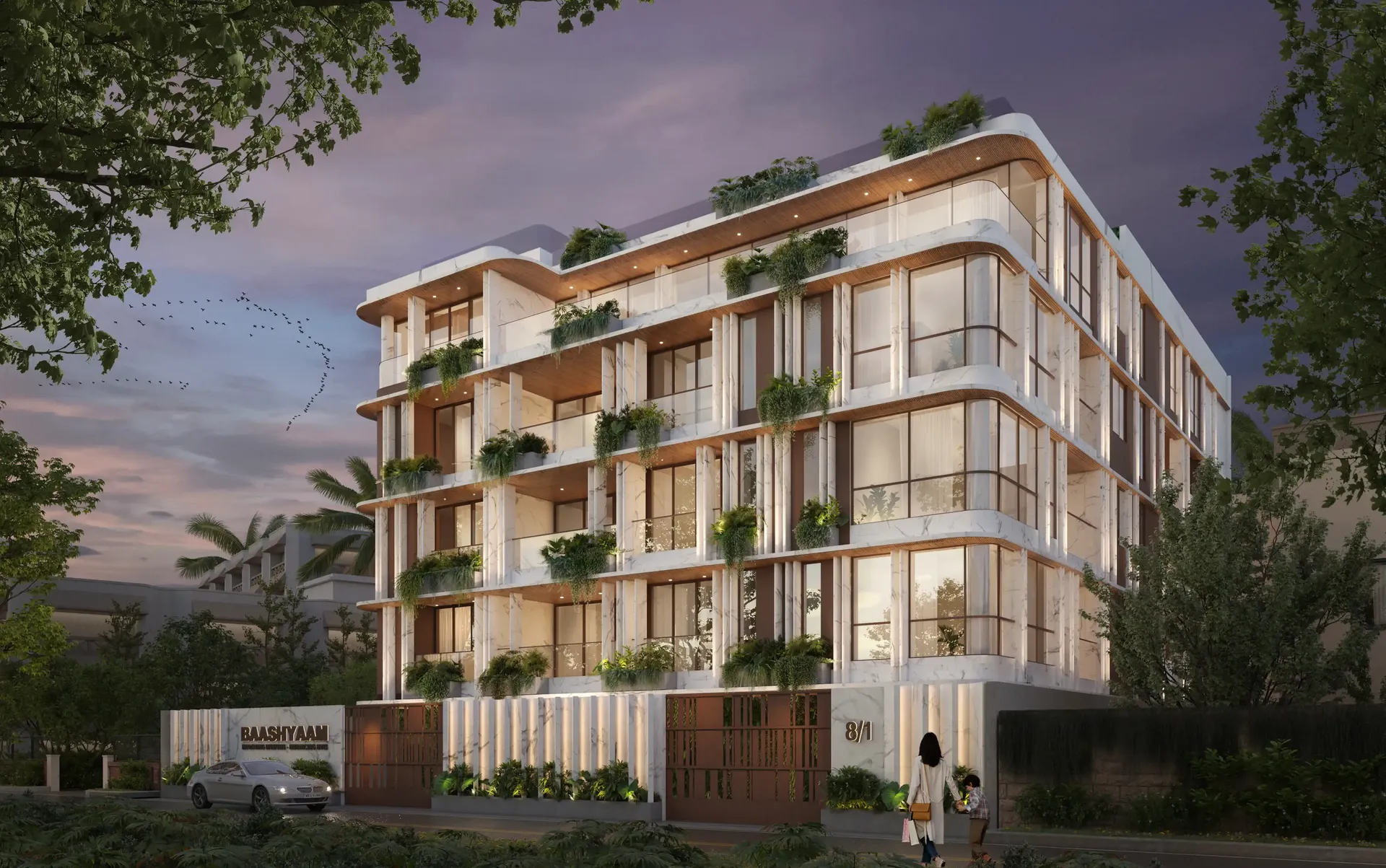The Financial Benefits of Owning Versus Renting an Apartment
The debate between owning and renting an apartment is one that many individuals face at some point in their lives. While both options have their unique benefits, owning an apartment often offers long-term financial advantages that renting simply cannot match. Let’s explore the key financial benefits of owning an apartment compared to renting, helping you make a more informed decision for your future.
1. Building Equity Over Time
Owning: When you own an apartment, a portion of each mortgage payment goes toward building equity—the difference between the property’s value and the amount you owe. Over time, as you pay down your mortgage and as the property’s value appreciates, your equity grows. This equity can act as a financial cushion, giving you the flexibility to borrow against it or use it for future investments.
Renting: Rent payments are essentially expenses that offer no return. Your monthly payment goes directly to the landlord, building their wealth, not yours.
Example: Let’s say you buy an apartment for ₹50 lakhs and pay off ₹10 lakhs over five years while the property’s value increases to ₹60 lakhs. You now have ₹20 lakhs in equity—a financial asset you wouldn’t have if you were renting.
2. Appreciation of Property Value
Owning: Real estate is often considered a sound investment due to its potential for appreciation. Over time, your apartment’s value is likely to increase, offering a significant return on investment if you decide to sell. For instance, properties in growing urban areas can double or even triple in value over a decade.
Renting: While you may enjoy the benefits of living in a desirable area, you don’t benefit financially from the rising property values.
Insight: Real estate appreciation can serve as a powerful wealth-building tool, ensuring that your money works for you over time.
3. Predictable Monthly Costs
Owning: With a fixed-rate mortgage, your monthly payments remain consistent throughout the loan term, providing stability and making it easier to plan your finances.
Renting: Rent prices are subject to market fluctuations and often increase over time. In high-demand areas, you could face annual rent hikes of 5–10% or more, adding uncertainty to your financial planning.
Pro Tip: Owning an apartment shields you from inflation-driven increases in housing costs, ensuring greater financial control.
4. Tax Benefits
Owning: Homeownership comes with significant tax advantages. Mortgage interest and property tax payments are often tax-deductible, reducing the overall cost of ownership. Additionally, if you sell your apartment after a certain period, you may qualify for tax exemptions on capital gains.
Renting: Rent payments don’t offer any tax benefits.
Financial Advantage: These tax breaks can save homeowners thousands of rupees annually, making ownership even more appealing.
5. Freedom to Personalize
Owning: When you own an apartment, you have complete freedom to design and renovate it as you wish. Want to install modular kitchens, upgrade flooring, or repaint with bold colours? You can do so without seeking anyone’s permission. These upgrades can also increase the value of your property.
Renting: Tenants typically face restrictions on modifications, limiting their ability to truly make the space their own.
Added Value: Personalizing your home is not just about comfort—it can also enhance its market appeal and value.
6. Protection Against Rising Costs
Owning: Owning a property ensures that your housing costs are stable, especially with a fixed mortgage. Over time, while your loan amount remains consistent, inflation and rising rental prices mean your relative costs decrease.
Renting: As property values increase, so do rents, which can become increasingly burdensome in competitive markets.
Example: Renting an apartment for ₹20,000 per month today could increase to ₹35,000 or more in a decade. In contrast, owning a home would protect you from such steep increases.
7. Long-Term Financial Security
Owning: Once your mortgage is paid off, your housing costs drop significantly, leaving you with a valuable asset and minimal ongoing expenses. This can provide financial security in retirement or during times of economic uncertainty.
Renting: Rent payments are perpetual, meaning you’ll always have a monthly housing expense, even during retirement, which can strain your finances.
Financial Tip: Ownership is an investment in your future, ensuring that you have a stable and secure home without the constant burden of rising costs.
8. Opportunity to Generate Income
Owning: Owning an apartment also opens up opportunities to generate passive income. For example, you can rent out a spare room or even lease the entire property if you decide to move. This additional income can help offset your mortgage payments or serve as a source of extra earnings.
Renting: As a tenant, you cannot sublet without permission, and the income benefits of property ownership are out of reach.
Example: Owning an apartment in a prime location can turn into a lucrative investment through rental income.
Conclusion
While renting offers flexibility and lower initial costs, the financial benefits of owning an apartment far outweigh the advantages of renting in the long term. From building equity and benefiting from property appreciation to enjoying tax breaks and long-term stability, homeownership is a powerful step toward financial independence and wealth creation.
If you’re in it for the long haul and want to secure your financial future, investing in an apartment could be one of the smartest decisions you’ll ever make. Take the plunge and turn your living expenses into a valuable asset!
Up Next
Top Construction Innovations That Make Homes Last for Generations
A home is often the most significant investment in a person’s life, and for many, it’s not just about creating a living space for today but building a legacy for tomorrow. The good news is that modern construction has advanced far beyond traditional brick and mortar. Today, innovative materials and techniques are making homes stronger, more sustainable, and more resilient—built not just for decades, but for generations to come.
Discover a Self-Contained World: Inside Chennai’s Most Thoughtfully Planned Township
A self-contained epic lifestyle with smartly curated living experiences — that’s what this momentous development in Koyambedu brings to Chennai’s real estate landscape. Rarely do we see something that truly reimagines aspirational residential living and commercial spaces. For years, large-scale home communities and townships have been defined through a narrow lens. Now, this project from Baashyaam, true to its philosophy of “Improving Lifestyles – Enhancing Lives”, is changing the narrative and setting new benchmarks.





